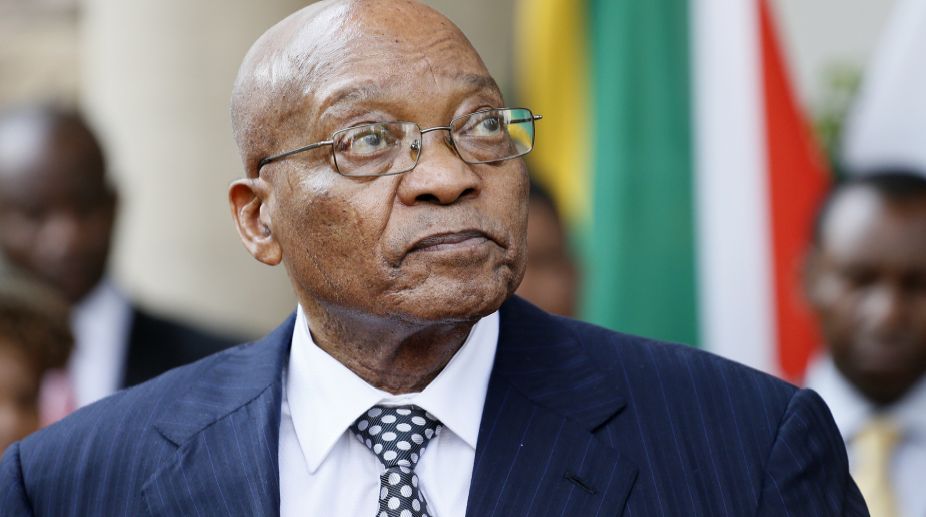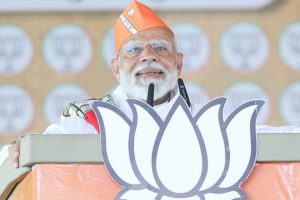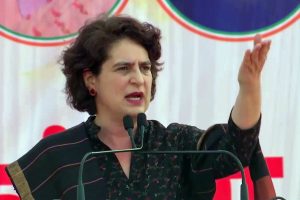The unprecedented political crisis that gripped South Africa, and of a kind that few countries in the world have countenanced, appears to have ended with the swearing-in of Cyril Ramaphosa as the country’s president. It is a case-study of how multiple charges of corruption can lead to the nemesis of a Head of State. No less crucially, the initiative for Jacob Zuma’s ouster was taken by the ruling African National Congress. Zuma ~ a poor successor of the legendary Nelson Mandela ~ was ordered to resign, on threat of a parliamentary vote of no-confidence.
The writing was on the wall when hours before Zuma agreed to resign, South African police raided a business family of Indian origin said to be close to him; an action that would not have commenced when his grip was firmer. Before the drama though, his party had decided to “recall” Zuma from what it called “deployment as President”. Governance had been in a state of limbo for some days as Zuma dug his heels in; some reports say he was haggling for immunity for himself.
For all that, the time taken to eject Zuma from office was suggestive of the deep divisions within the ANC; it also underscored the challenges before Ramaphosa, as he straddles the divide between Zuma supporters and so-called constitutionalists within the ANC. In the perspective of the comity of nations, he must restore the country’s credibility, judging by the parameters of corruption ratings and governance in the wider canvas.
In general, the people of South Africa are increasingly impatient with the ANC’s handling of the crisis, which has undermined the sense of optimism prompted by Ramaphosa’s election. Zuma’s nine years in power were tumultuous. After the heady days of the apartheid struggle and the eclipse of white rule (1994), the country under Zuma was blighted by economic decline and endemic corruption. In the net, South Africa’s standing was undermined, pre-eminently the legitimacy of the party that led South Africans to freedom from apartheid in 1994.
The irony of the historical struggle could scarcely have been more bitter. The party that ended apartheid now faces a forbidding challenge, made worse by the bickering within. Despite his misrule, Zuma retains significant support within the party and at a local level in many parts of South Africa.
Small wonder that the crisis has been referred to as “a battle for the soul of the ANC”, verily a referendum on the true balance of power within the party. The struggle over the colour of the skin is now history as must be the legacy ~ almost unrivalled ~ of Mandela.











